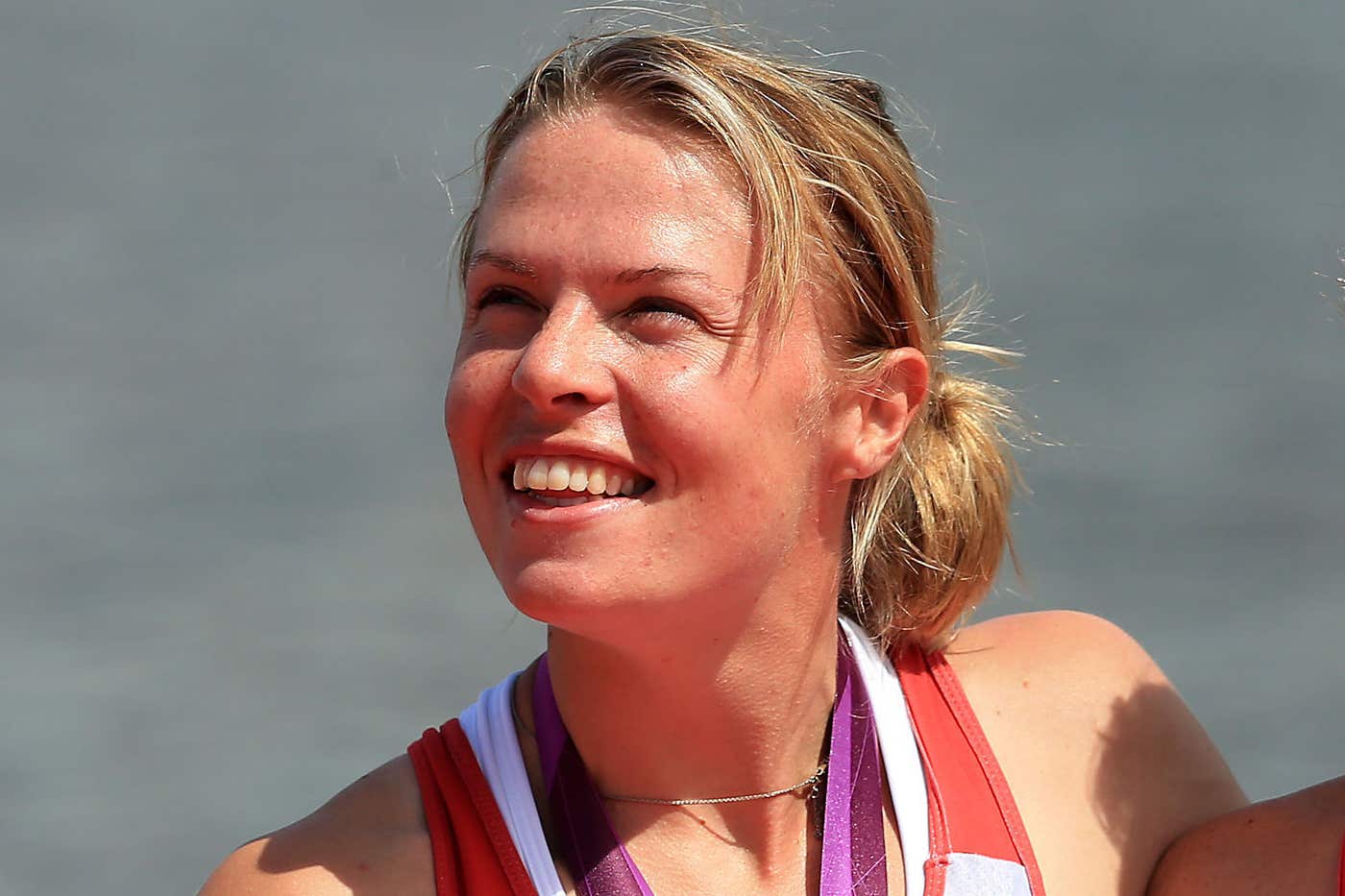Don’t panic – Anna Watkins looks to help athletes adjust to life after Olympics
UK Sport, the UK Sports Institute and the BEAA offer a range of support to athletes leaving a funded programme.

Your support helps us to tell the story
From reproductive rights to climate change to Big Tech, The Independent is on the ground when the story is developing. Whether it's investigating the financials of Elon Musk's pro-Trump PAC or producing our latest documentary, 'The A Word', which shines a light on the American women fighting for reproductive rights, we know how important it is to parse out the facts from the messaging.
At such a critical moment in US history, we need reporters on the ground. Your donation allows us to keep sending journalists to speak to both sides of the story.
The Independent is trusted by Americans across the entire political spectrum. And unlike many other quality news outlets, we choose not to lock Americans out of our reporting and analysis with paywalls. We believe quality journalism should be available to everyone, paid for by those who can afford it.
Your support makes all the difference.London 2012 gold medallist Anna Watkins has compared adjusting to life after the Olympics with the uncertainties of being a teenager.
Watkins, 41, stepped away from rowing to start a family after her double scull success alongside Katherine Grainger at Eton Dorney.
Now chief executive of the British Elite Athletes Association (BEAA), she is seeking to remind athletes of the support available to them should Paris be their final Games, through choice or otherwise.
From her own personal experience, she knows it can be a difficult transition to make.
“To not have that identity as an athlete any more is a massive shock,” she told the PA news agency.
“You really (think) ‘who am I now?’ It’s like being a teenager all over again. You don’t know which way to look, or how to be in the world, if you’re not an athlete. For me, it was a really shaky, shaky time.
“Our race was August 3 (at London 2012), it was burned into our minds, and I pretty much didn’t need a diary past that point. That tunnel vision is enjoyable, it’s precious, it’s intense. You’re on a total high, you’re living life to the absolute max – but of course there is an August 4.
“I remember going home after the closing ceremony at 2012, sitting on my bed with all my kit bags, my husband was at work, it felt like the whole country was hungover. Nothing was happening and I was thinking ‘what now?’
“You’re so used to your days being structured and what an optimal day is, all of a sudden it’s an open book.”
Watkins was speaking to PA in a week when UK Sport, the UK Sports Institute (UKSI) and her own organisation the BEAA are engaging with athletes to help them prepare for life beyond their funded programme.
Those organisations believe the message is especially important to be delivered now, with more than double the number of athletes having left their programmes in 2022 – the year after the Tokyo Olympics – compared to 2021.
“We know athletes are going to be focused on Paris, and so they should be, but we just want to lodge it in the back of their minds somewhere, that when you have that panic – don’t panic.
“Just get in touch and we’ll get some conversations set up. You don’t have to do this on your own. We know the tunnel vision is coming, this is our last chance to get that last little bit of information in there before it’s completely ‘head down’, to say to them: ‘When you get to your version of August 4 and you’re wondering what to do, this is what to do, and it’s going to be all right.”
Among the services open to athletes is mentoring via the UKSI’s performance lifestyle team to support their well-being and to encourage and facilitate their personal and professional development.
From the UKSI, this one-to-one support is available during their career and for an additional two years after they leave a world class programme. The BEAA’s independent support team are also available for six months after an athlete’s funding ends.
The BEAA also administers a digital community exclusively for former athletes, to which they have lifelong access.
A recent BEAA survey found 45 per cent of athletes did not know who to turn to for support on stepping away from the programme, something Watkins is determined to improve.
Watkins’ message to athletes was: “Go and do your Games, after the Games, come and talk to us, come and talk to UKSI, if you’re going to transition this time then we’ll help you make a plan, if you’re going to stay in sport a bit longer, then we’ll help you make a longer-term plan that means you’re putting some pieces in place whilst you’re in your career.
“That year after the Olympics, when the pressure is off and it’s slightly calmer, that’s a good time to do some courses, do some work experience or an internship or something like that, to make that step more easy when it does happen.
“So athletes are off the hook for a few months, then they’re not off the hook! They need to come and engage with us.”